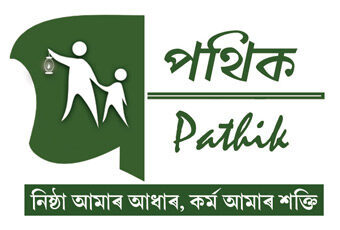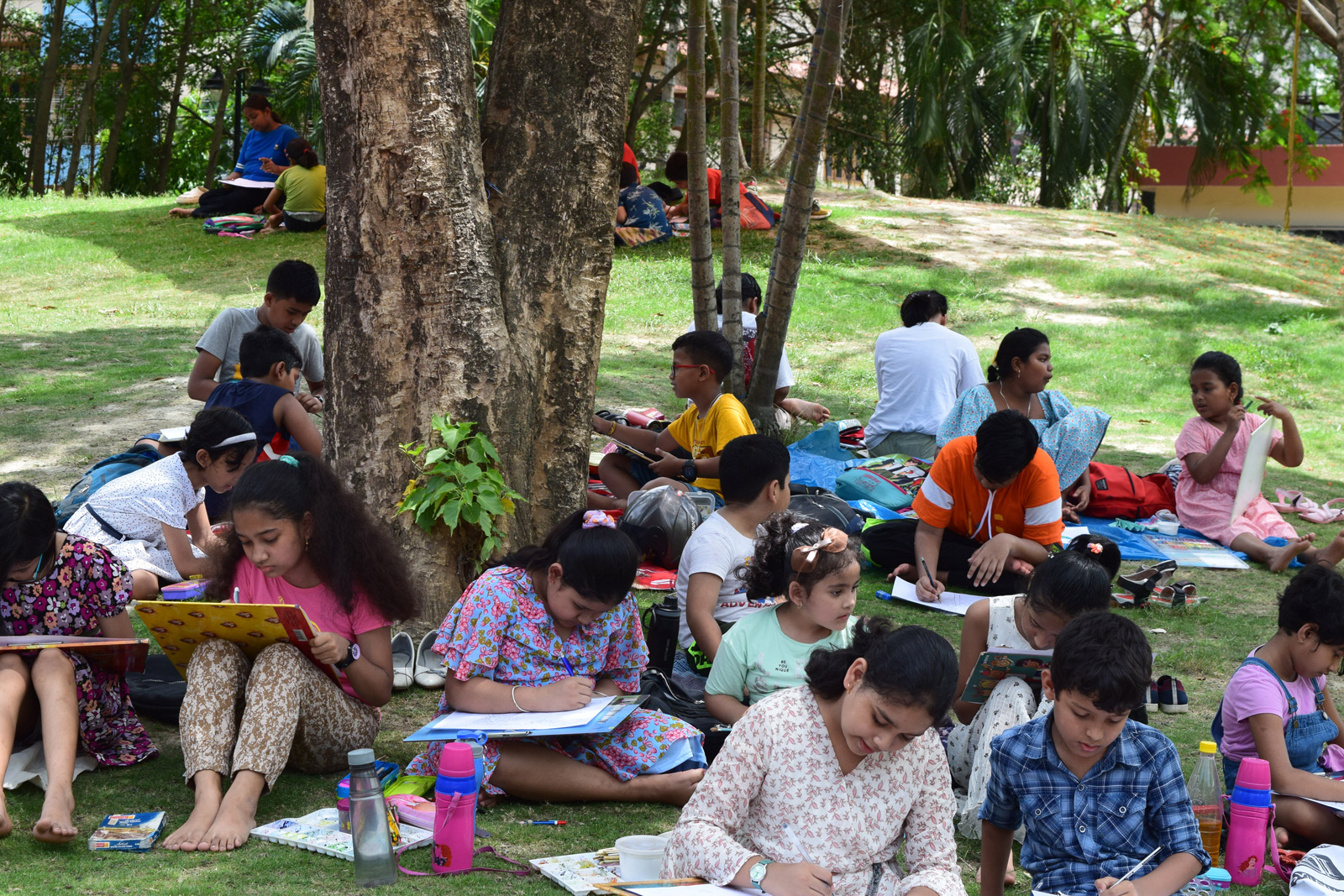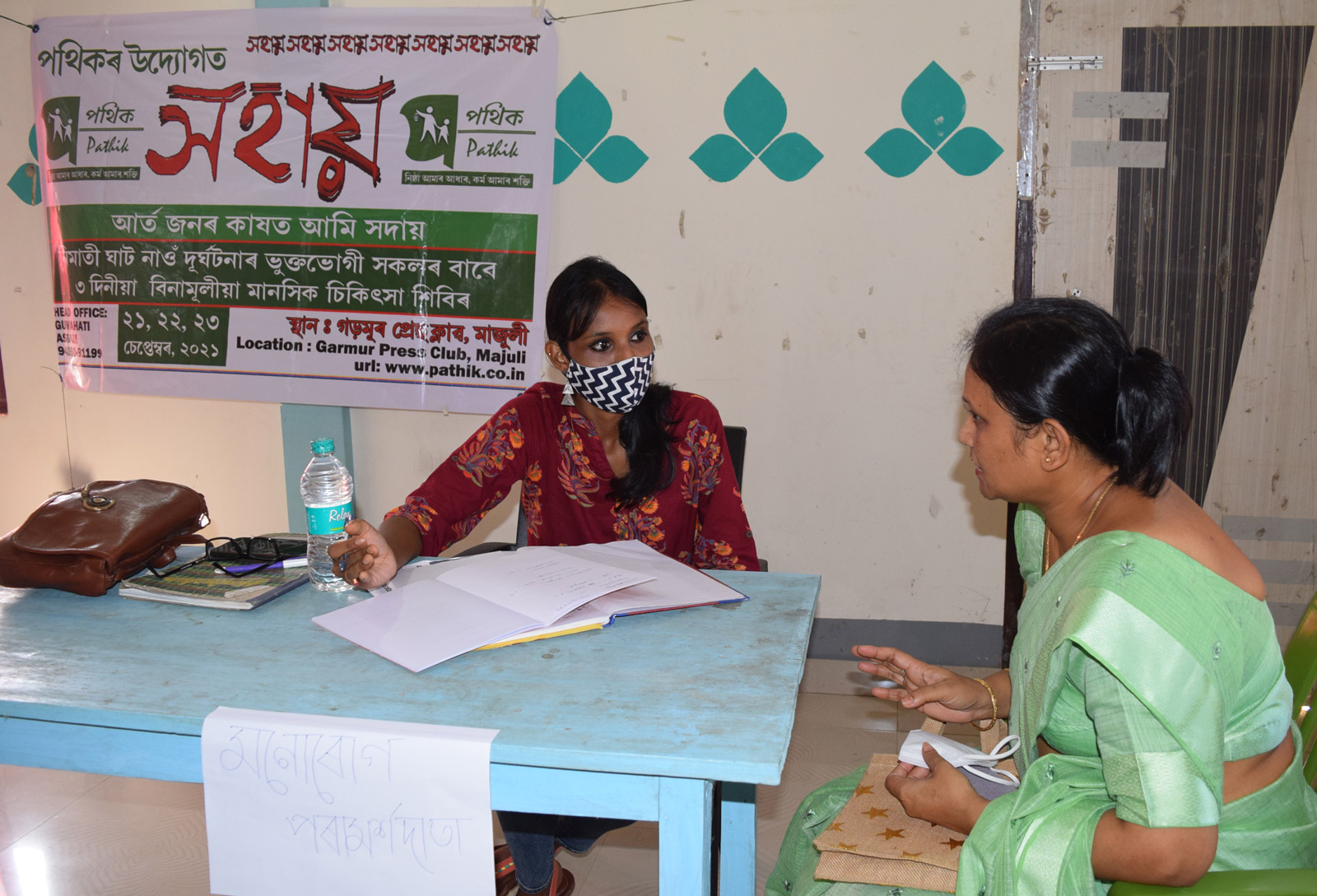Pathik’s unwavering dedication to improving the health and nutrition of children in Assam is epitomized through the MAU project. Recognizing that the foundation for a healthy future begins with proper nutrition and care in early childhood, MAU focuses on educating and supporting mothers to ensure their children receive the best possible start in life. This blog explores the essential work done by Pathik through the MAU project and the profound impact it has on the community.
The Importance of Child Nutrition
Childhood is a critical period for growth and development, and proper nutrition plays a vital role in ensuring that children reach their full potential. Malnutrition can lead to severe health issues, stunted growth, cognitive impairments, and increased susceptibility to diseases. Understanding this, Pathik launched the MAU project to address child nutrition comprehensively, emphasizing the importance of a balanced diet, regular health check-ups, and awareness among mothers and caregivers.
Awareness Camps for Mothers
Central to the MAU project are the awareness camps organized for mothers. These camps serve as a platform to educate mothers about the nutritional needs of their children, the significance of breastfeeding, the introduction of complementary foods, and the importance of maintaining hygiene and sanitation. By providing this crucial information, Pathik empowers mothers to make informed decisions about their children’s diets and overall health.
Educating and Empowering Mothers
The awareness camps go beyond just disseminating information; they also aim to empower mothers with practical knowledge and skills. Pathik’s team of health professionals and nutritionists conduct interactive sessions, demonstrations, and workshops to help mothers understand how to prepare nutritious meals with locally available ingredients. This hands-on approach ensures that the knowledge gained is practical and easily applicable in their daily lives.
Maintaining the Nutritional Chain
One of the key objectives of the MAU project is to maintain a continuous chain of nutrition from infancy through early childhood. Pathik emphasizes the importance of regular monitoring of children’s growth and health, encouraging mothers to keep track of their children’s development milestones. This ongoing support helps identify any nutritional deficiencies early on, allowing for timely intervention and ensuring that children remain on a healthy growth trajectory.
Community Involvement and Support
The success of the MAU project is deeply rooted in community involvement. Pathik collaborates with local health centers, schools, and community organizations to extend the reach of the awareness camps and ensure that more mothers benefit from the program. This collaborative approach fosters a sense of community responsibility and support, creating a network of care that extends beyond individual households.
Measuring Impact and Success
Since its inception, the MAU project has made significant strides in improving child nutrition and health in the communities it serves. Pathik regularly monitors and evaluates the impact of the project, gathering data on children’s growth and health outcomes. This evidence-based approach helps in refining the program and addressing any emerging challenges, ensuring that the project remains effective and impactful.
Future Goals and Expansion
Looking ahead, Pathik aims to expand the reach of the MAU project to more communities across Assam. Future plans include increasing the number of awareness camps, enhancing the training programs for mothers, and leveraging technology to provide ongoing support and information. By continuously evolving and adapting, Pathik ensures that the MAU project remains a beacon of hope and a vital resource for child health and nutrition.
Conclusion
The MAU project by Pathik represents a profound commitment to improving child health and nutrition in Assam. Through awareness camps, education, and community involvement, Pathik empowers mothers with the knowledge and skills needed to provide their children with a healthy start in life. As Pathik continues to champion this essential cause, the impact of the MAU project will undoubtedly resonate for generations, fostering a healthier and more resilient community.




